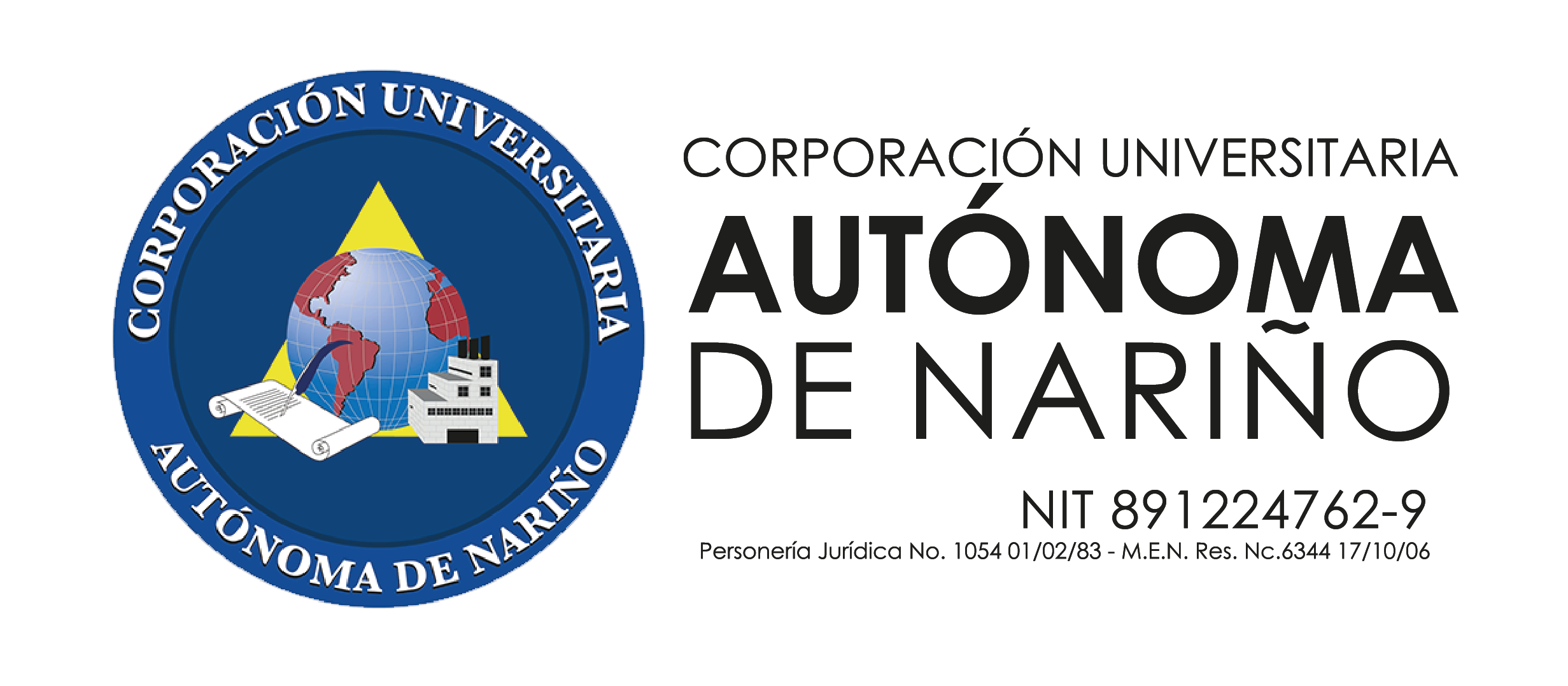Global capitalism and strategic coordination for development of the labor force at Argentine. Period 2003-2018
Keywords:
actors, global capitalism, state, strategic coordination, workforceAbstract
Positioned in the global space and, in particular, the Argentine context, the article explores the dynamics generated by global capitalism and its link to strategic actions for the development of the workforce in Argentina, during the 2003-2018 period. According to this, the qualitative methodology is used through a design of critical analysis and reflection of textual contents. Mindful of this point, the work is based on contributions from various authors, including Gereffi (2001) and Hall & Soskice (2001), who analyze the processes and dynamics of global capitalism and Argentine authors as Fernández (2014) and Schorr (2018) who board the different Argentine socioeconomic processes of the last years. Its basis is, then, that in a global space it‘s essential to recognize its logic, and then to understand how the dynamics of those involved, as well as their actions, change within the network, and assimilate them in a nationally articulated strategy, which adds to the centrality of the state involvement a high regional interference, under an effective strategic coordination, having in mind the promotion of dynamic productive environments, sustained by the development of the workforce. Finally, it is also argued that, in the argentine context during the periods of the Kirchners’ and the current coalition Cambiemos governments, the results of the strategies for the development of the workforce, carried forward from the State, translate into uncoordinated and disjointed actions of all actors within the national space.
Downloads
References
Bauman, Z. (2004). La sociedad sitiada. Buenos Aires: FCE.
Cantamutto F.; Costantino, A. & Schorr, M. (2019). El gobierno de Cambiemos en la argentina: una propuesta de caracterización desde la economía política. Revista Electrónica de Estudios Latinoamericanos, 17(67), 20-24.
Castell, R. (2012). El ascenso de las incertidumbres. Buenos Aires: FCE.
Constantino, A. (2018). La estructura económica durante el kirchnerismo: ¿reprimarización o reindustrialización? en Schorr, M. (coord.) (2018) Entre la década ganada y la década perdida. La Argentina kirchnerista. Ensayos de economía política. Buenos Aires: Batalla de Ideas.
Eichengreen, B. (1997). Saving Europe's automatic stabilisers. National Institute Economic Review. Disponible en: https://journals.sagepub.com/doi/10.1177/002795019715900107
Fernández V. & Cardozo, L. (2012). Nueva estatidad bajo la re-emergencia regional. La reelaboración del proyecto neoliberal y sus alternativas en la periferia. Revista brasileira de estudos urbanos e regionais, 14(2), 11-33.
Fernández, V. (2014). Global value chains in global political networks: tool for development or neoliberal device? Review of radical political economics 47(2), 209–230.
Fernández, V.; Trevignani, M. &, Lauxmann C. (2014). Emergencia del sur global. Perspectivas para el desarrollo de la periferia latinoamericana. Economia e Sociedade, 23(52), 611-643.
Fligstein, N. (1990). The transformation of corporate control. Massachusetts: Harvard University Press.
Gereffi, G. (2013). Global value chains in a post-Washington Consensus world. Review of international political economy, 21(1), 9-37.
Hall, P. & Soskice, D. (2001). Varieties of capitalism: the institutional foundations of comparative advantage. Oxford: Oxford University Press.
Knetter, M. (1989). Price discrimination by U.S. and german exporters. American economic review, 79, 198-210.
López, E. & Cantamutto, F. (2018). El orden social kirchnerista entre la economía y la política en Schorr, M. (coord.) (2018) Entre la década ganada y la década perdida. La Argentina kirchnerista. Ensayos de economía política. Buenos Aires: Batalla de Ideas.
Morales, S. (2018). Controversia y crítica en el contexto de la Reforma Laboral Argentina 2017-2018. Revista Gestión de las personas y tecnología, 11(31) 7-21.
Pérez, P. & Barrera, F. (2018). De la promesa del pleno empleo a los programas de transferencias de ingresos. mercado de trabajo y políticas laborales en el período kirchnerista. En Schorr, M. (coord.) (2018) Entre la década ganada y la década perdida. La Argentina kirchnerista. Ensayos de economía política. Buenos Aires: Batalla de Ideas.
Piva, A. (2017). La épica de un país ordenado. En torno a la caracterización del gobierno Cambiemos. Disponible en: http://contrahegemoniaweb.com.ar/la-epica-de-un-pais-ordenado-en-torno-a-la-caracterizacion-del-gobierno-cambiemos/
Sautú, R. (2005). Todo es teoría. Objetivos y métodos de investigación. Buenos Aires: Lumiere.
Scharpf, F. (1997). Games real actors play: actor-centered institutionalism in policy research. Boulder: Westview Press Edición.
Schorr, M. (coord.) (2018). Entre la década ganada y la década perdida. La Argentina kirchnerista. Ensayos de economía política. Buenos Aires: Batalla de Ideas.
Sennett, R. (2008). La cultura del nuevo capitalismo. Madrid: Anagrama.
Soto, V. (2017). La pesada herencia, inversión y normalización: Tres ideas de Macri que reflejan la utopía del mercado total en neoliberalismo tardío. Facultad Latinoamericana de Ciencias Sociales (FLACSO) Sede Argentina. Documento de trabajo Nº 5. ISBN 978-950-9379-39-8.
Thelen, K. (1999). Historical institutionalism in comparative politics. Annual review of political science, 2, 369–404.
Vommaro, G. (2017) Libertad, inversión, sensibilidad. ¿Hacia dónde quiere ir Cambiemos? En García, D. & Gradin,
A. (Comp) (2017). El neoliberalismo tardío. Teoría y praxis. Documento de trabajo Nº 5. ISBN 978-950-9379-39-8.








